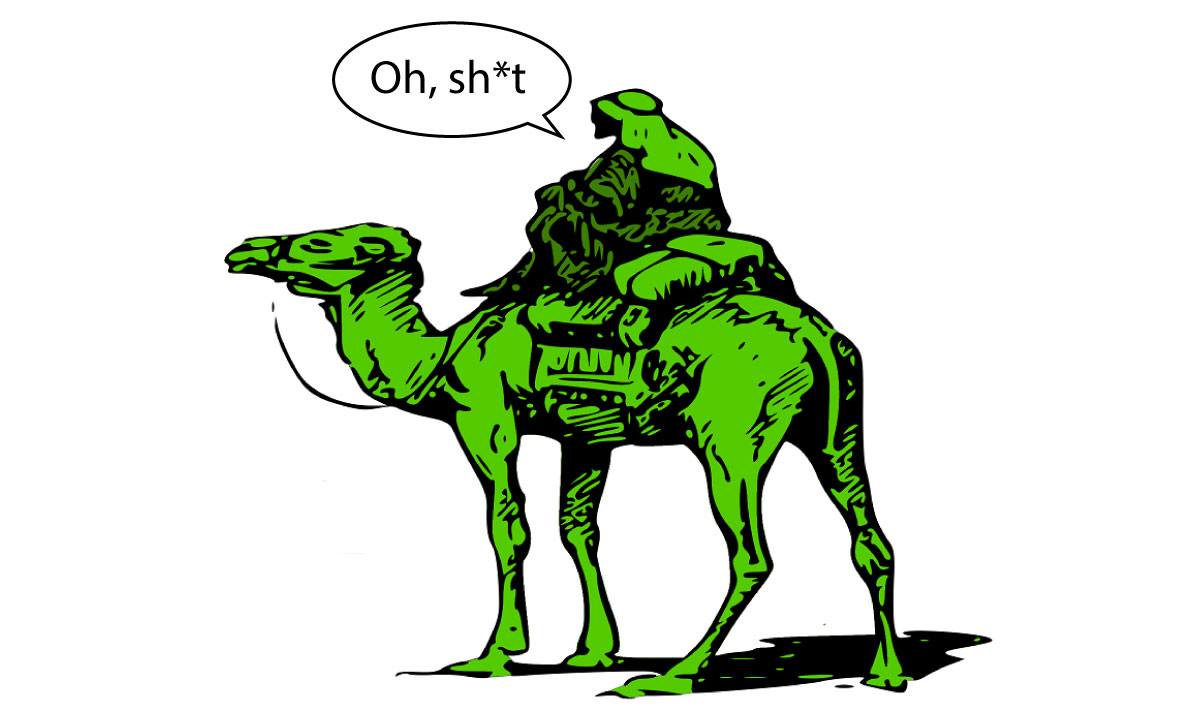
A common misconception is that bitcoin transactions are anonymous. The truth is, unless you are very careful about covering your tracks, your bitcoin transactions can be connected to you. And the transaction records on bitcoin's public database (the blockchain) can never be changed or deleted, meaning they will forever be searchable by authorities or anyone else. Andy Greenberg of Wired reports that researchers were able to "connect someone's bitcoin payment on a dark web site to that person's public account."
[T]he Qatari researchers first collected dozens of bitcoin addresses used for donations and dealmaking by websites protected by the anonymity software Tor, run by everyone from WikiLeaks to the now-defunct Silk Road. Then they scraped thousands of more widely visible bitcoin addresses from the public accounts of users on Twitter and the popular bitcoin forum Bitcoin Talk. By merely searching for direct links between those two sets of addresses in the blockchain, they found more than 125 transactions made to those dark web sites' accounts — very likely with the intention of preserving the senders' anonymity — that they could easily link to public accounts. Among those, 46 were donations to WikiLeaks. More disturbingly, 22 were payments to the Silk Road. Though they don't reveal many personal details of those 22 individuals, the researchers say that some had publicly revealed their locations, ages, genders, email addresses, or even full names. (One user who fully identified himself was only a teenager at the time of the transactions.) And the 18 people whose Silk Road transactions were linked to Bitcoin Talk may be particularly vulnerable, since that forum has previously responded to subpoeanas demanding that it unmask a user's registration details or private messages. "You have irrefutable evidence mapping this profile to this hidden service," says Yazan Boshmaf, another of the study's authors.